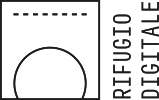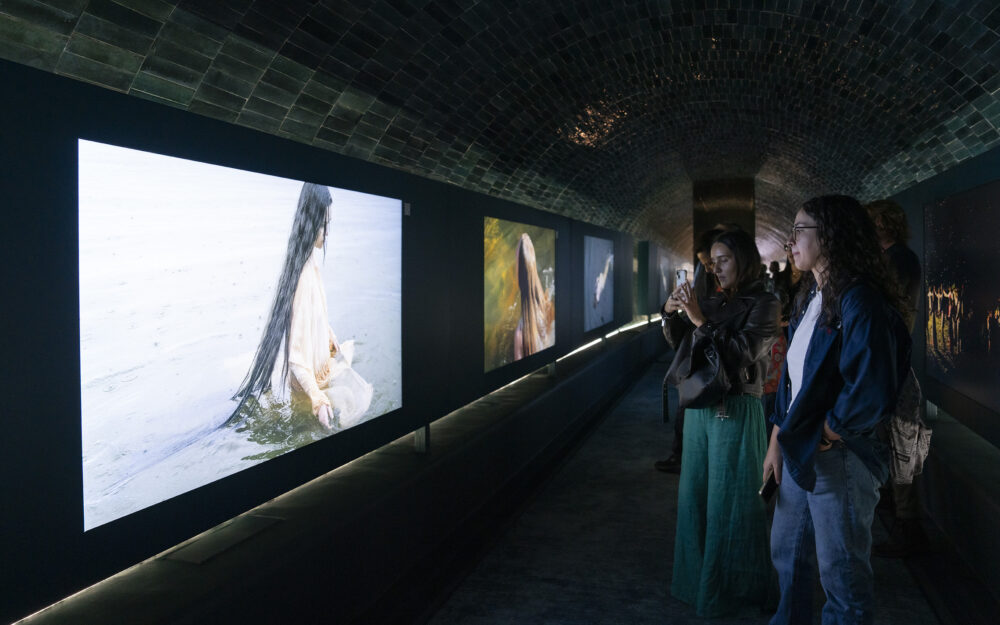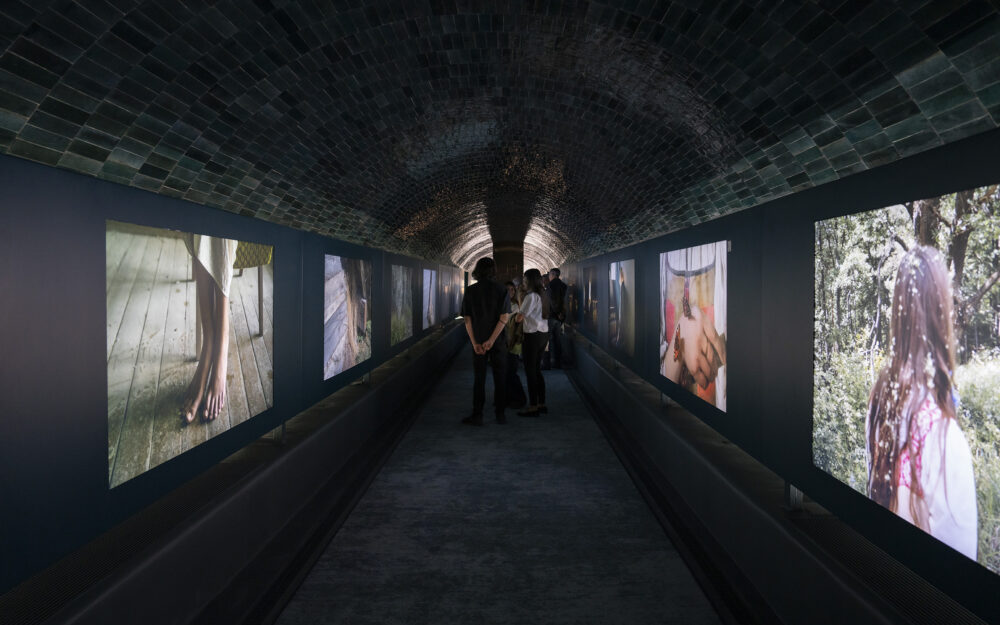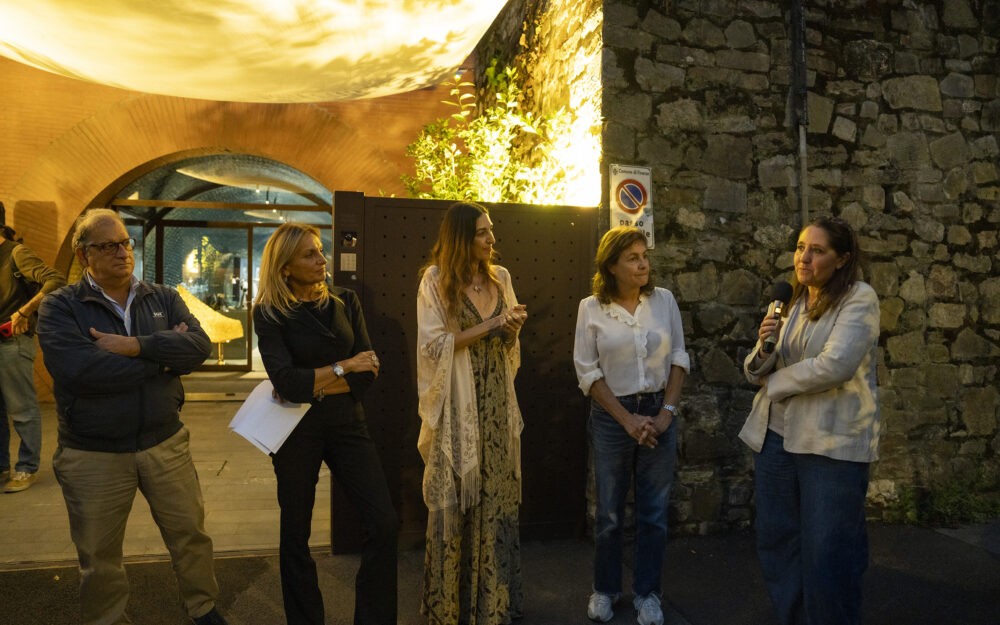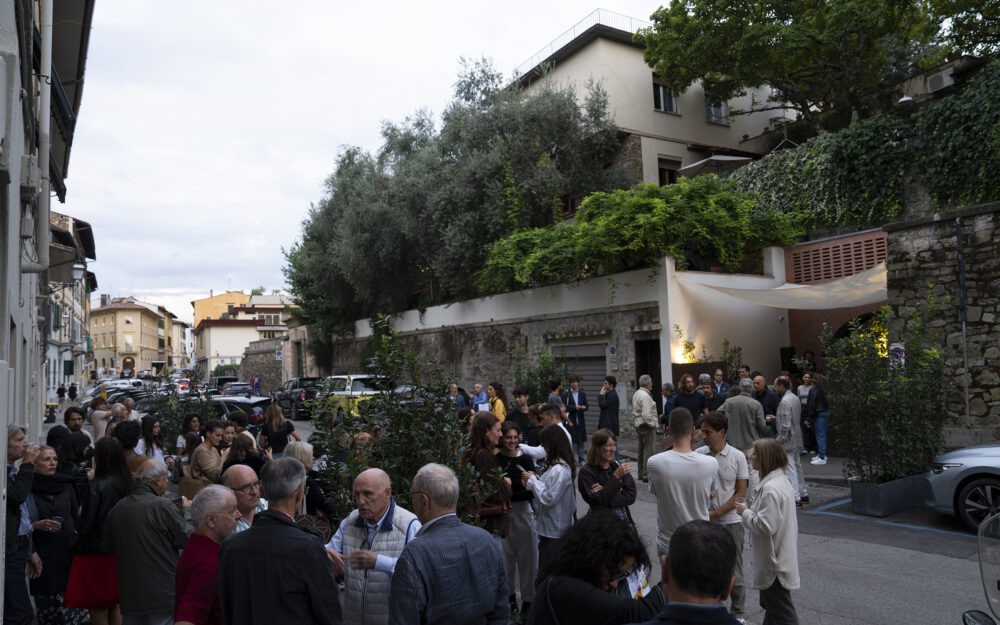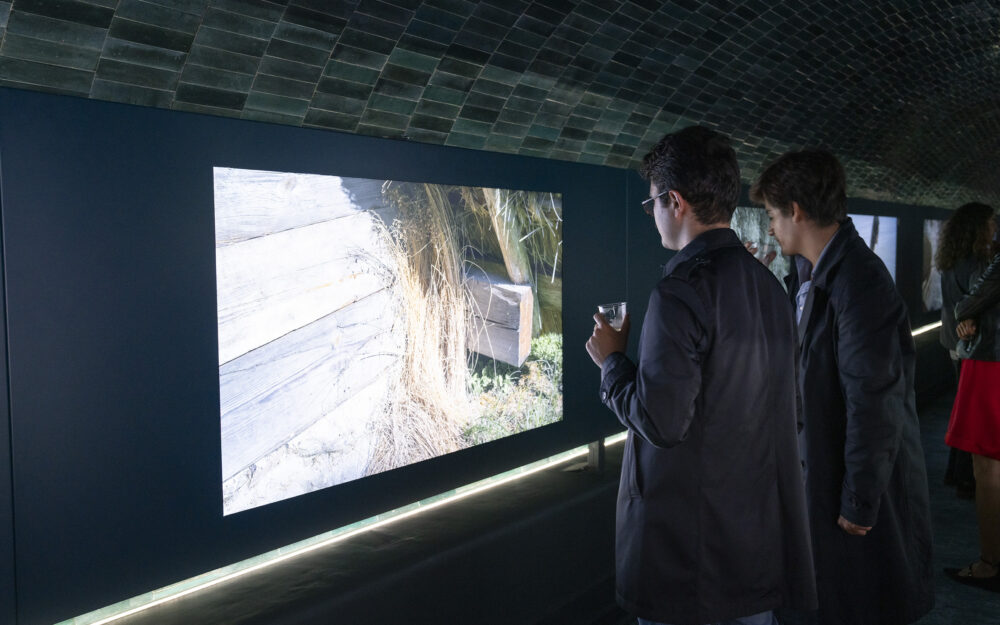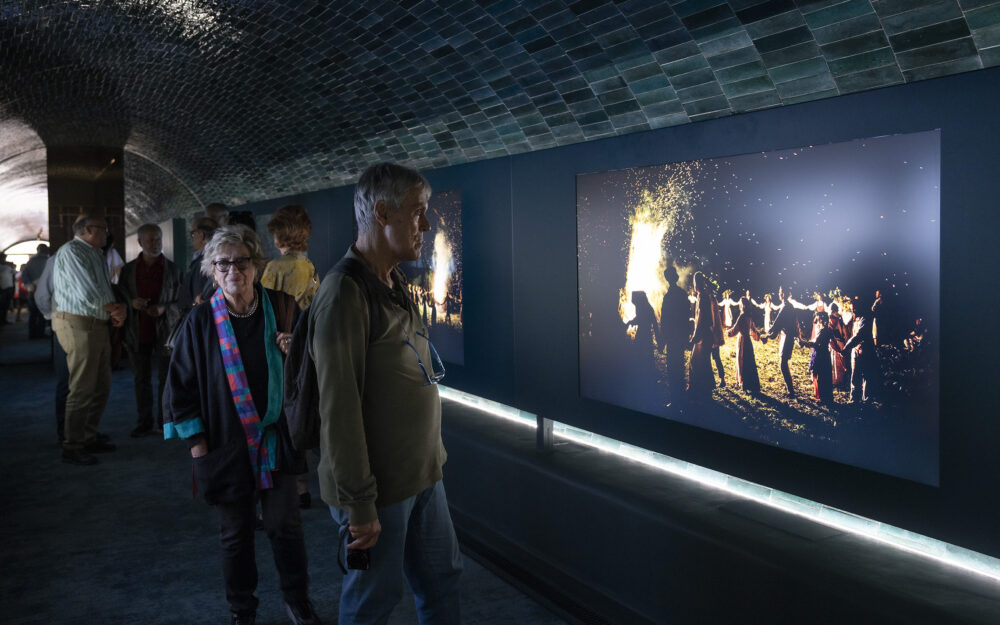Solstice
Claudine Doury
Sept. 25 to Oct. 13, 2024 | Wed. – Sun. – 11 a.m. – 7 p.m.
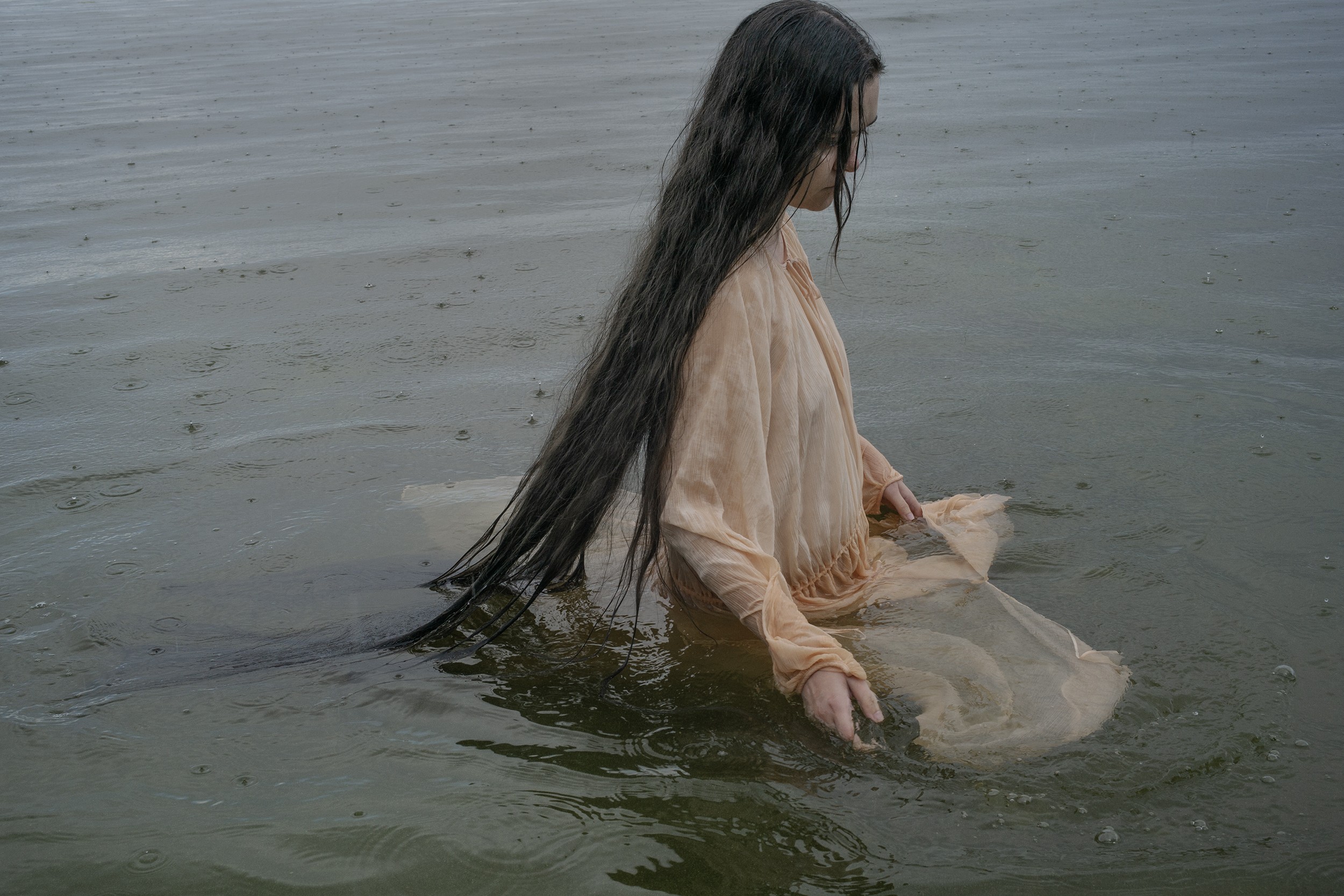
Gallery Notice : Images have either not been selected or couldn't be found
© Pietro Savorelli e Associati
The photographic works can be purchased in two formats on the Forma Edizioni website at the following link: SHOP OPERE
PRESS TEXT
Between 2023 and 2024, the Homecoming exhibition cycle investigated the concept of identity in relation to places, exploring the idea of ‘home’ as a return to one’s origins, as a rediscovery of one’s culture or roots. With the exhibition Solstice by Claudine Doury, curated by Irene Alison and Paolo Cagnacci, the last appointment of the cycle, our journey leads us, through the images of the French photographer, to the discovery of ancient rituals but also of absolutely contemporary anxieties and instances: the relationship between human beings and nature; the dialogue between present and memory; the creative and revolutionary power of femininity; the thin border between transition, loss, change and new beginnings. An empathetic and sensitive traveller who has extensively documented regions such as Central Asia, the Crimea and Siberia in recent decades, a gifted photographer and winner of the prestigious Leica Oskar Barnack Award in 1999, Doury has for more than a decade, every 21 June, embarked on a journey that takes her from St. Petersburg to Maloyaroslavets in Russia, to the island of Lake Ives in Belarus, to Kaunas, Vilnius and the Polish and Latvian countryside, to document the rites of the solstice.
Called Kupala by the Slavs, Kupalès by the Baltics, solstice night is a traditional celebration whose roots go back to pagan festivals linked to the forces of nature and sun worship, an event that welcomes and celebrates the brief period when the northern skies reach twilight but never darkness. Forgotten in most of Western Europe, pagan sun rituals, rooted in centuries of history, are still strongly felt in the northern regions of Eastern Europe. Doury recounts them with mysterious and delicate images, poised between reality and dream, to evoke the invisible forces that move through these places in a night that seems endless and promises new beginnings, and to celebrate the expressive and spiritual power of light.
MEET THE ARTIST
Claudine Doury is a French photographer born in Blois and based in Paris.
She has been awarded the Leica Oscar Barnack Award (1999), the World Press Photos Prize (2000) and the Prix Niépce in 2004. In 2017 she was the winner of a national commission from the Ministry of Culture on youth in France, and received the Marc Ladreit de Lacharrière prize – Académie des Beaux-Arts that same year. In 2022, she was the winner of the photographic commission from the Ministry of Culture Radioscopie de la France. Her work is regularly exhibited in France and abroad, and her photographs are included in prestigious private and public collections including the Fonds National d’Art Contemporain, the Bibliothèque Nationale de France, Neuflize OBC and the Fondation Hermès, the artothèques of La Rochelle and La Roche-sur- Yon, the Musée de l’Elysée in Lausanne, the Musée de la Photographie in Charleroi, the Fonds d’Art Contemporain in Meyrin (Switzerland), the Musée de la Photographie in Braga, l’Imagerie in Lannion, and the Agnès B collection. She has published 6 monographs: Peuples de Sibérie (Le Seuil, 1999), Artek, un été en Crimée (La Martinière, 2004), Loulan Beauty (Le Chêne, 2007), Sasha (Le Caillou Bleu, 2011), L’Homme Nouveau (Filigranes, 2016), Amour (Chose Commune, 2019) and Solstice (Originiedizioni, 2024). At the intersection of reality and fiction, her work deals with notions of memory and transition, notably around adolescence and travel, central themes of her work.
Claudine Doury is represented by In Camera gallery in Paris and she is a member of Vu agency.
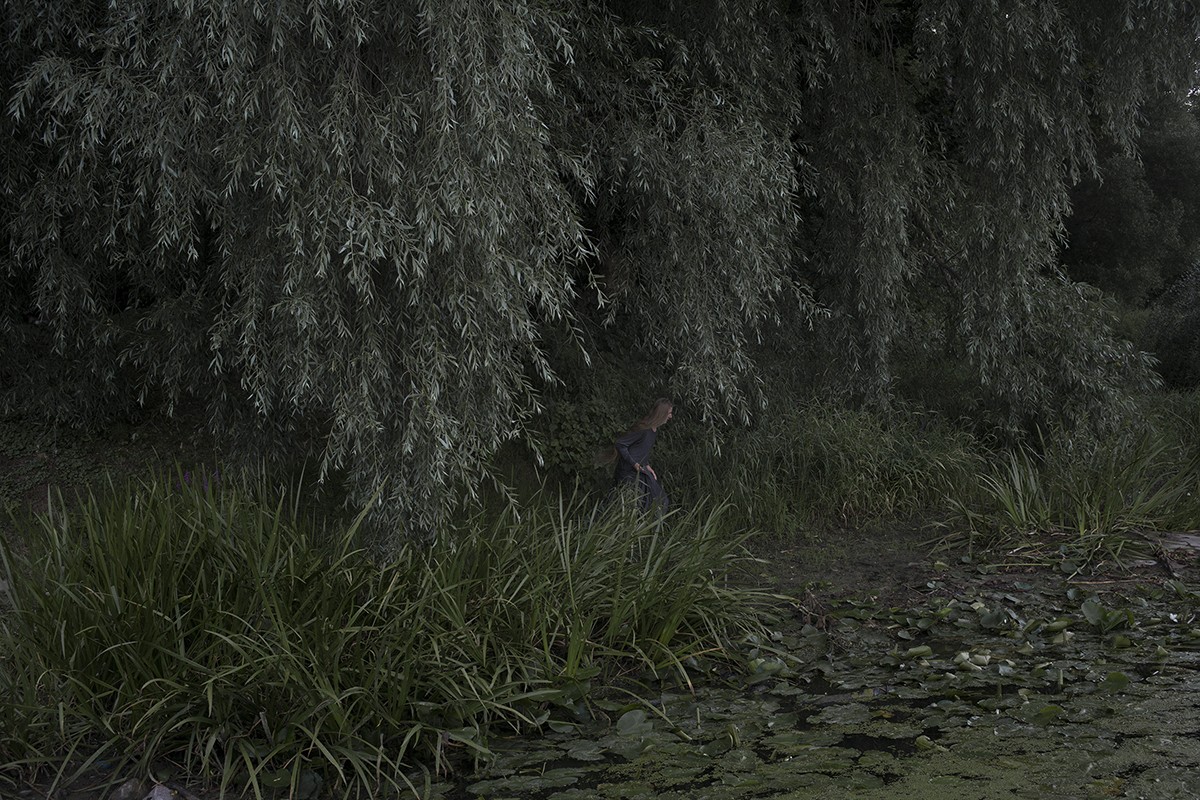
Raudondvaris, Lithuania
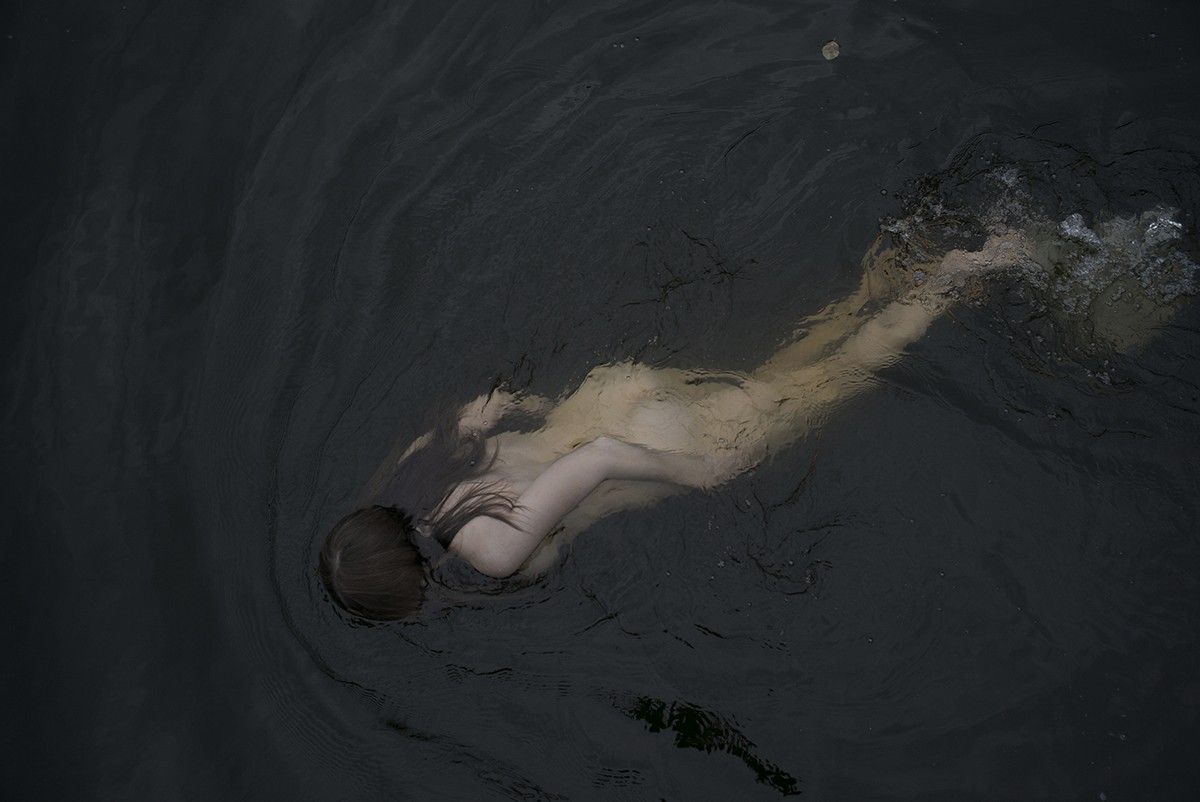
Jadogoniai, Lithuania
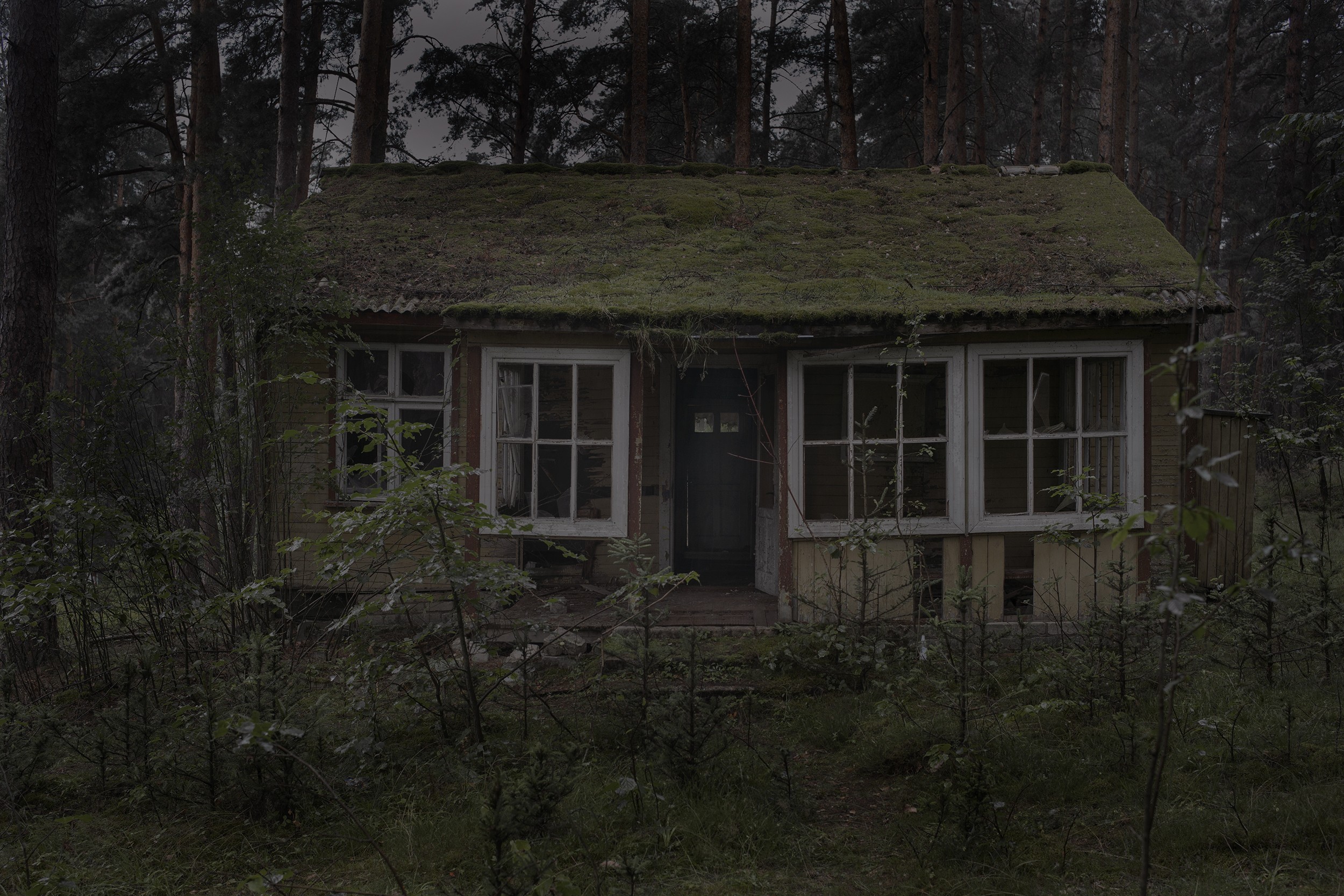
Kauno Marios, Lithuania, 2020
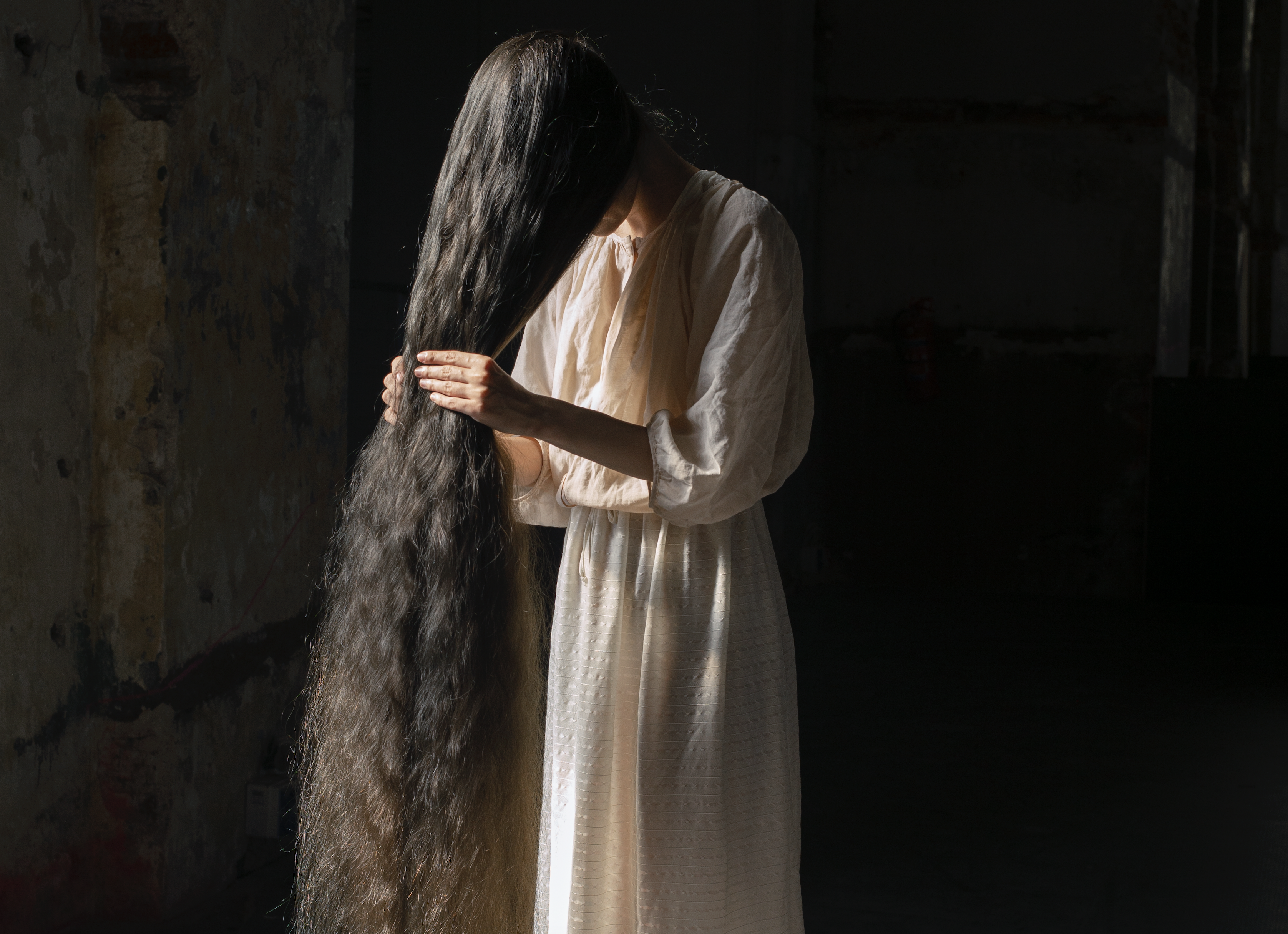
Mare del Nord, Germania, 2015
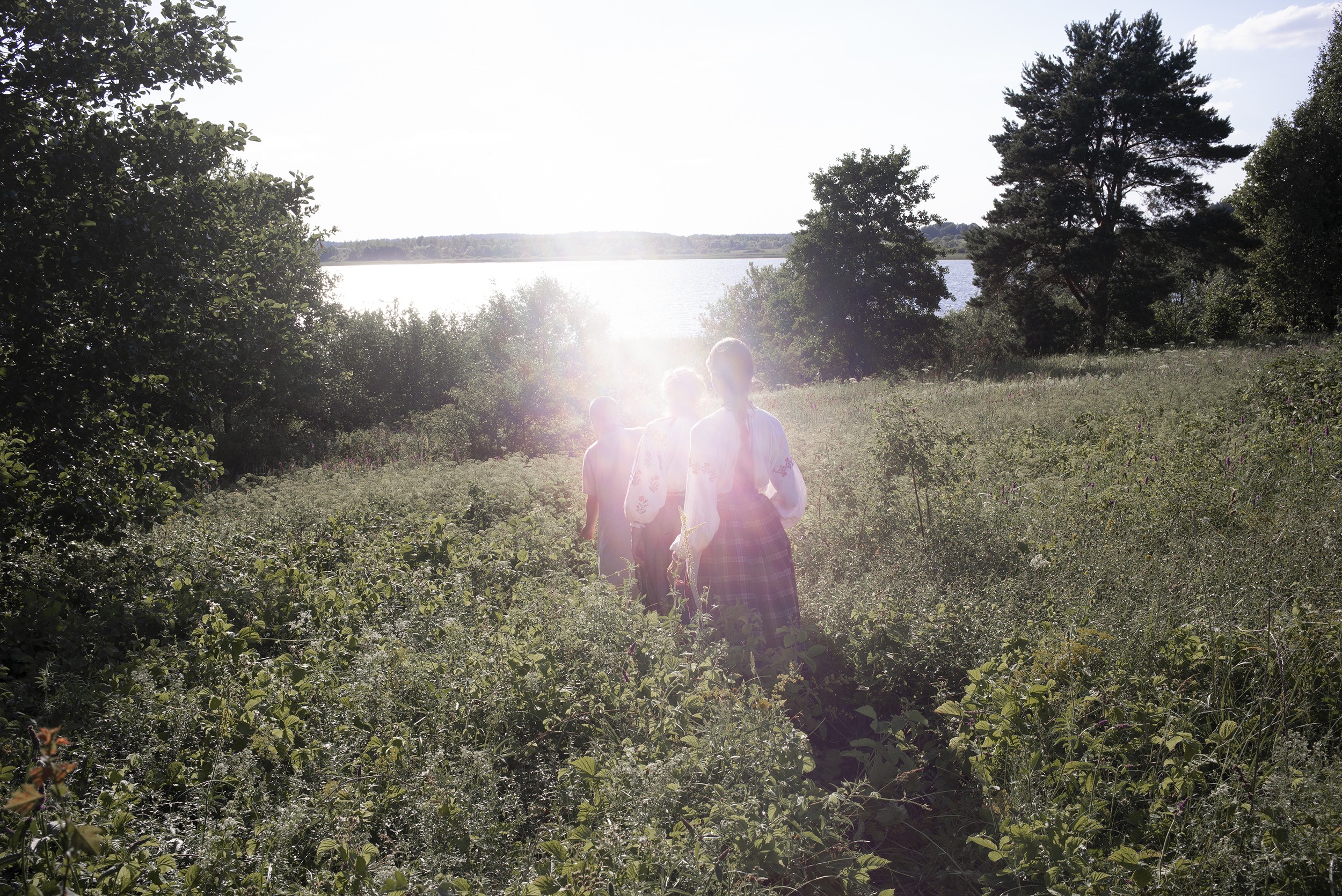
Kupala, the llake Ives, Belarus, 2019
Program
25 September 1 pm: Press conference with Claudine Doury
admission free25 September from 16.00 to 17.30 at La Bottega di Infoto in Via Leonardo Bruni, 4: lecture with Claudine Doury in dialogue with curator Irene Alison
free admission subject to availability25 September at 18.30: opening of the exhibition with Claudine Doury and curators Irene Alison and Paolo Cagnacci
free entrance25 September – 13 October 2024, Wed.-Sun. 11.00-19.00: Exhibition visits. Free admission; reservation required for guided tours
Press
Gallery
Interview by Irene Alison with Claudine Doury
